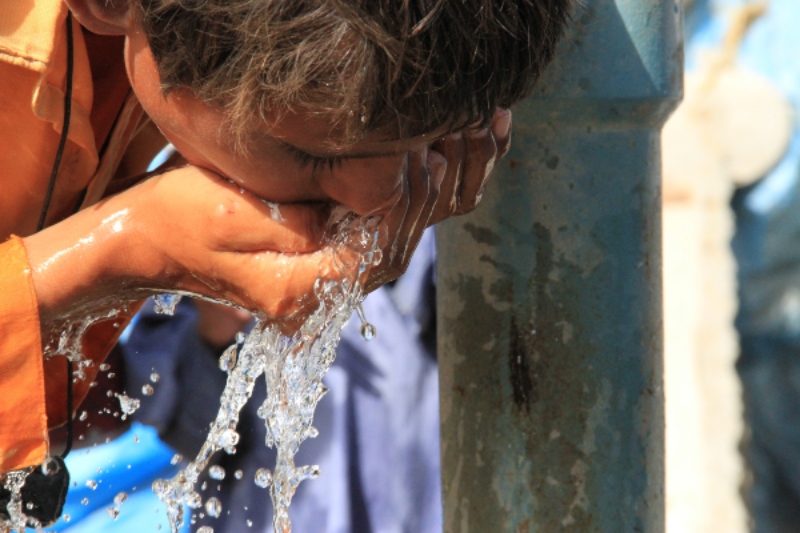Water covers almost three-fourths of the earth, but to use it isn’t as easy as watching it flow through the ridges. Oceans and seas occupy enormous space on the planet only to house the underwater flora and fauna and to provide a means of transport. The water available for use is less than 10 per cent of what the planet holds. This sets in the shortage of water in many regions of the world. Many plans have been devised in the past to feed all living beings with necessary amounts of water, but not many of them have been successful.
Rainwater harvesting is one of the plans that worked and is still functioning well, thereby providing water for all residential and industrial purposes. People are now shifting to this technique since it is beneficial over the forms of consumption. It is the process of storing rainwater for future on-site purposes without allowing it to run off. By using groundwater beyond a certain extent, exhaustion sets in and a complete shortage might have to be faced. For this reason, rainwater harvesting is now considered to be one of the best alternatives to supply ourselves with water. Let us look at a few advantages of using rainwater harvesting in your home.
1. Floods and Erosions Get Reduced

Of all the benefits of harvesting rainwater, this one is considered to be the one that strengthens the nature. Both in gardens and around downspouts, erosion gets reduced to an insignificant level. The stormwater run-off also remains controlled by harvesting rainwater. In many areas, rainwater harvesting protects the land from being flooded. By using rainwater, no much corrosion or scale is produced when compared to hard water.
2. Water Bills Can be Reduced
You will undoubtedly be benefited by harvesting rainwater since water bills will get reduced. It isn’t just you but the entire community that is at the advantage of cutting down the water costs when rainwater harvesting is practiced. Municipal sources and other water supply systems need not be relied upon for the water for your daily purposes as long as you are harvesting. By serving a whole community, the demand for other forms of supply is reduced. The rainwater can be used either as a primary source or as a backup when the other types get contaminated.
3. Groundwater Demand Decreases

Digging deeper into the earth’s surface for water will lead to depletion in a matter of time. When rainwater is used in the place of the usual supplies, extreme reliability over groundwater gets reduced. The process of digging wells is expensive, and also the soil could get collapsed by doing it. By using rainwater, you can use it at times of drought and even when other forms of supply are stopped.
4. Drinking and Non-Drinking
Rainwater can be used for both drinking and non-drinking purposes. It is for the latter that we require the majority of the water stored; be it for the kitchen purposes, bathing, washing clothes, or flushing toilets. By using rainwater, you wouldn’t need to use much detergent for washing dishes and clothes since the water is soft.








